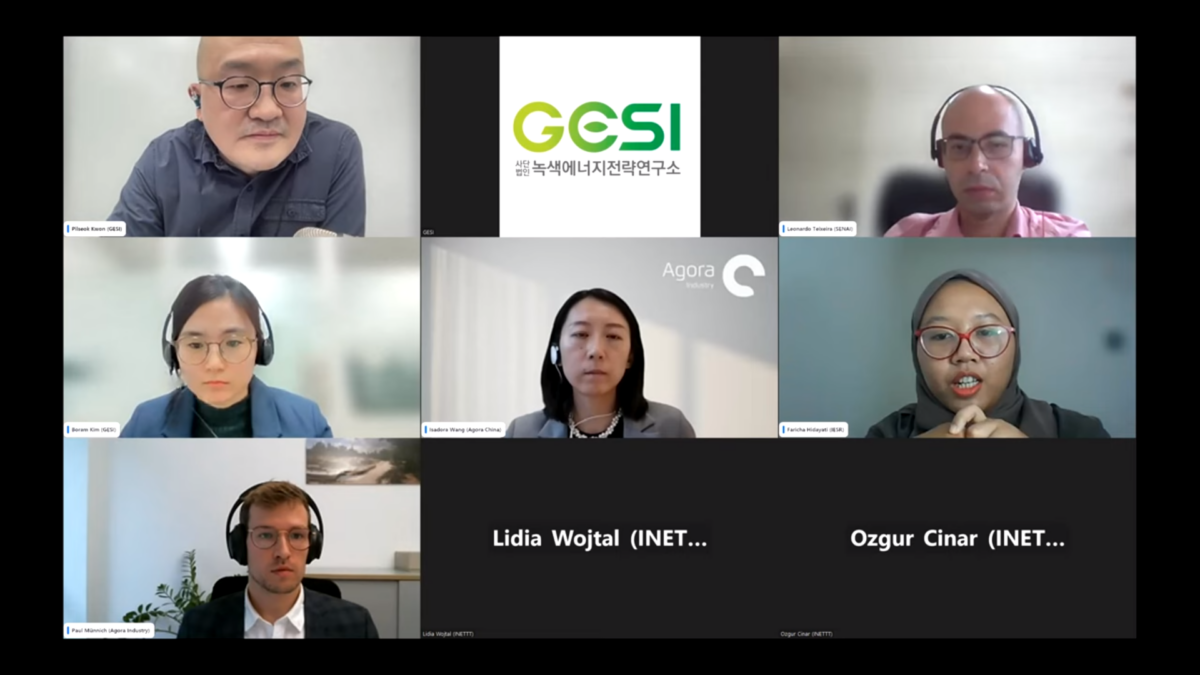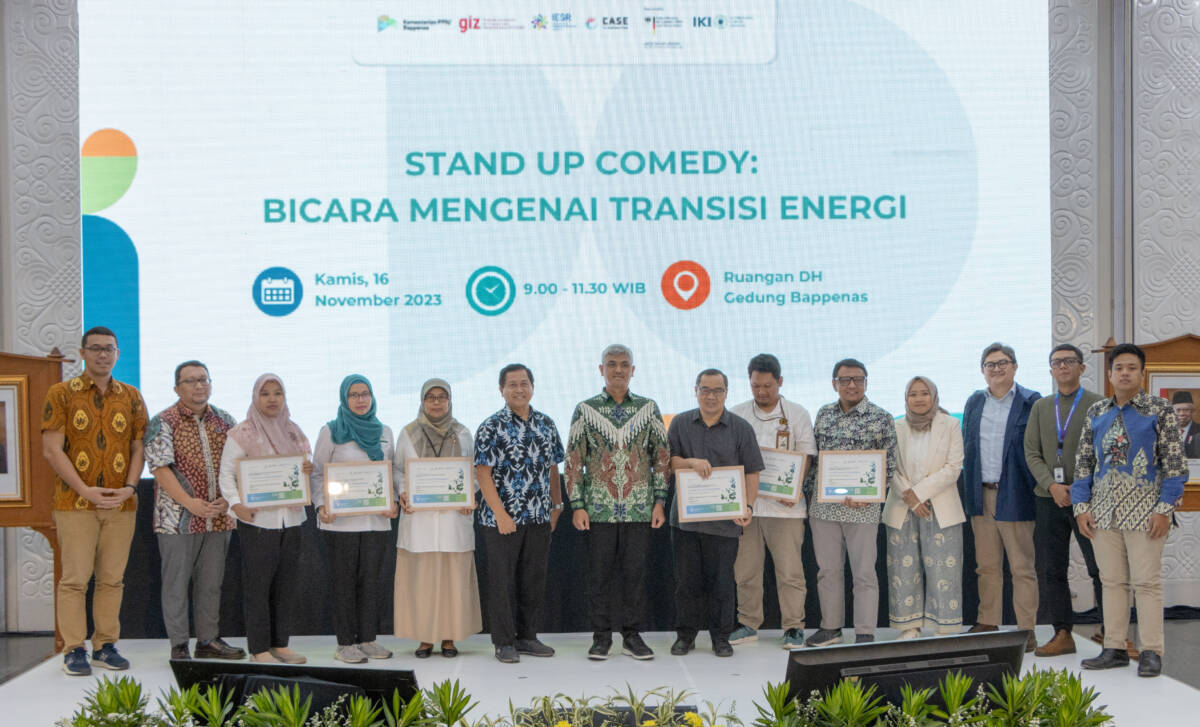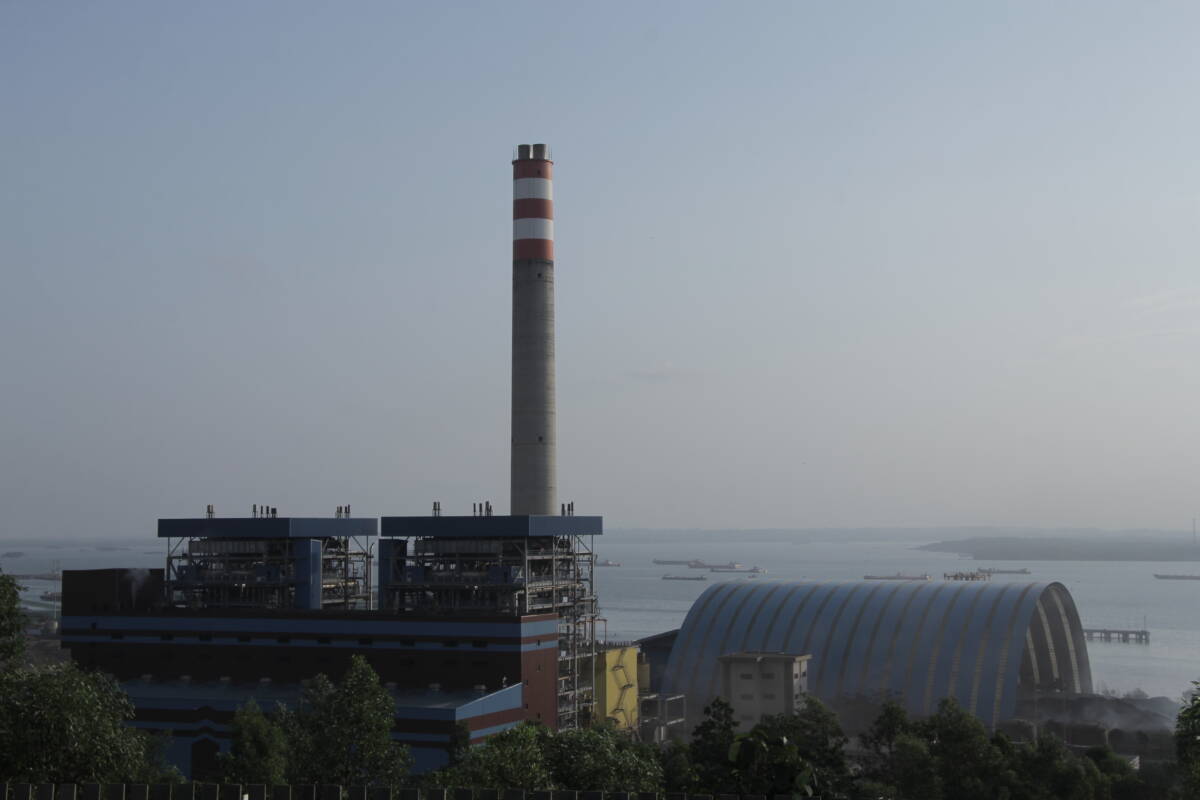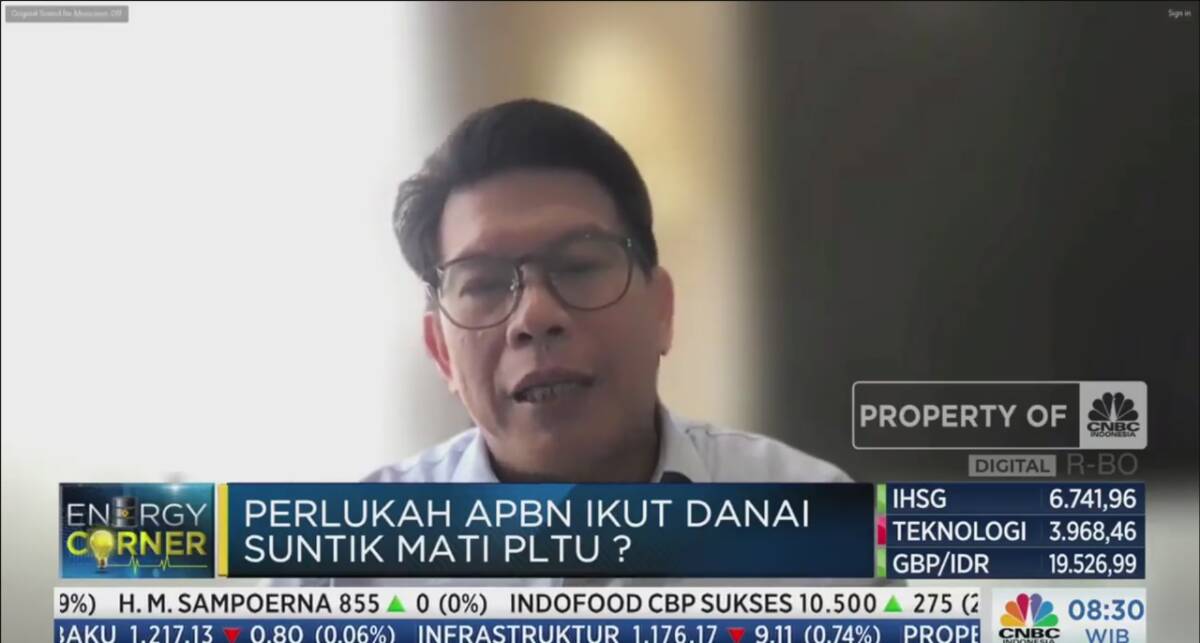Southeast Asia, home to nearly 700 million people, is one of the most vulnerable regions to the impacts of climate change. It faces rising sea levels, increasingly intense cyclones, and more severe flooding, droughts and heat waves.
Read more on Philstar Global.
Indonesia has decided to move ahead with plans to develop nuclear power some six decades after launching its first research reactor in Bandung, West Java, but experts believe safely deploying nuclear technology in the country will take a lot of time.
Read more on Jakarta Post.

Jakarta, 21 November 2023 - Chemical industry is considered as one that is heavy on emission. In Indonesia, various industries, including iron & steel, pulp & paper, cement, and textile interconnect with the chemical industry. The integration of the Indonesian chemical industry, especially ammonia, into the fertilizers industry, contributes to Indonesia's position as the fifth…

Jakarta, 16 November 2023 - Effective communication is important to change the paradigm and spread the energy transition narrative. Quite complex and cross-sectoral issues make energy transition communication challenging. For this reason, it is necessary to look for alternative forms of communication to pave the way for spreading the energy transition narrative.
The Clean, Affordable,…
The 28th United Nations Climate Change Conference, or COP28, needs to produce a clear action plan to keep the global emission reduction phase on track, a regional forum in Jakarta heard.
Read more on China Daily.
Haunted by the adverse effects of coal-fired power plants, a growing number of Indonesians are calling on the government to accelerate its energy transition.
Read more on Fairplanet.

Jakarta, 3 November 2023 - The Conference of the Parties (COP 28) will soon be held in Dubai, United Arab Emirates. One of the agendas for this annual meeting is to see the progress of global actions to deal with the climate crisis. In a public discussion held by the Foreign Policy Community Indonesia (FPCI)…
Indonesia will generate 44 per cent of its energy from renewables by 2030, details of a US$20 billion US and Japan-driven investment deal promised on Wednesday, dangling the prospect of saving tens of millions more tons of carbon emissions within the next seven years.
Read more on SCMP.
The Just Energy Transition Partnership (JETP) Secretariat, tasked with implementing a US$20 billion global effort to reduce carbon emissions in Indonesia, has made its investment plan available for public review.
Read more on Jakarta Post.
Indonesia's biggest geothermal company PT Pertamina Geothermal Energy, which is state-owned, is hoping to export clean energy to neighbouring countries as the region looks towards green alternatives and away from fossil fuels.
Read more on CNA.

Jakarta, October 24, 2023 - Accelerating the early retirement of coal-fired power plants (CFPPs) and establishing renewable energy-based power plants is crucial to achieving our energy transition targets. The government has released financing guidelines outlined in the Regulation of the Minister of Finance (PMK) Number 103 of 2023 to facilitate this process. This regulation aims…

Jakarta, September 27, 2023 - Indonesia has established various energy transition policies that will affect domestic coal consumption. Apart from that, Indonesia still relies on 75-80 percent of its coal production for exports to several coal export destination countries such as China, India, and Vietnam, which have also set targets for reducing coal consumption to…
